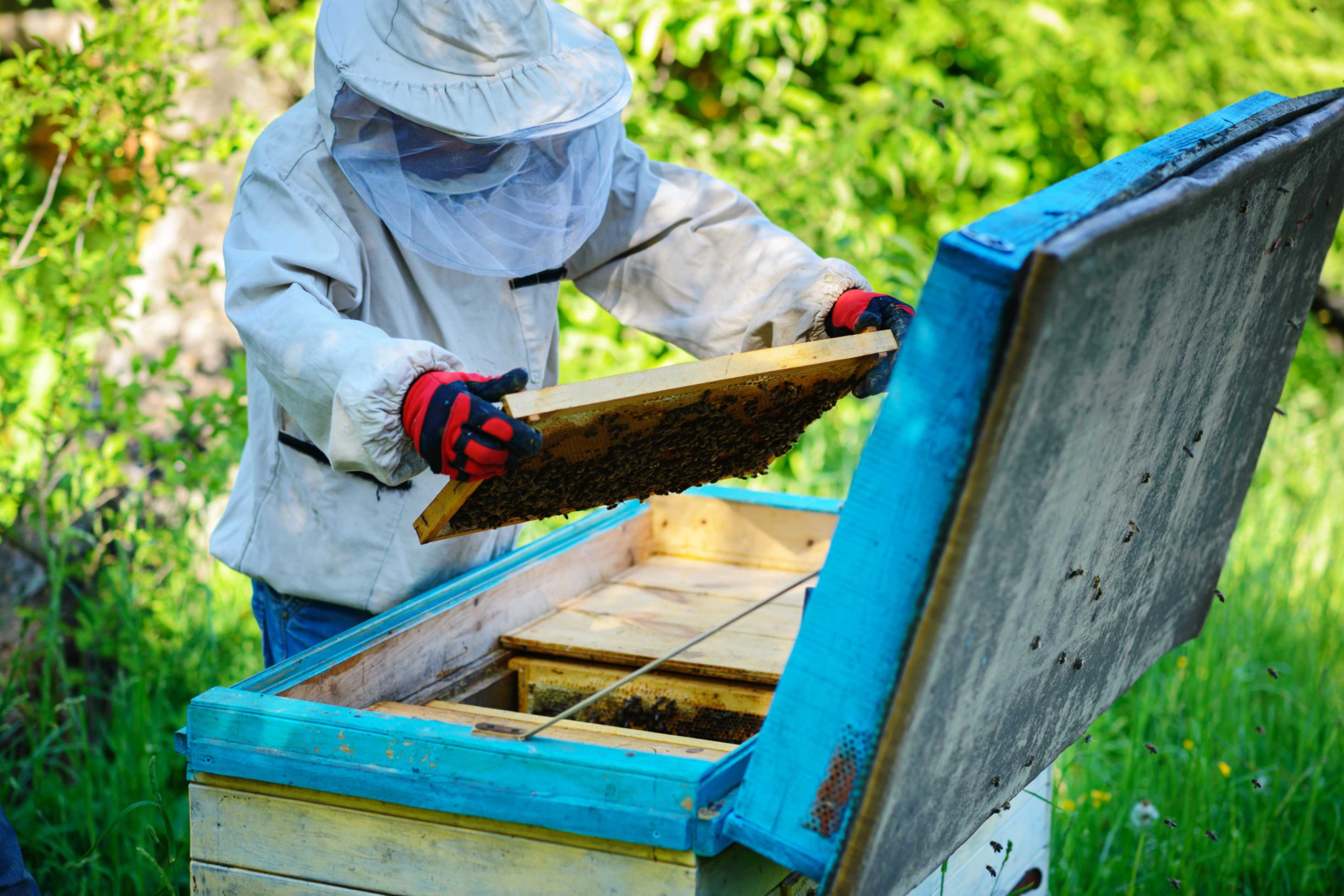
Honeybee Farming, also known as apiculture, is the practice of raising honeybees to produce honey, beeswax, and other valuable bee products such as royal jelly, propolis, and bee pollen. Beekeeping involves maintaining bee colonies in hives and ensuring that bees are healthy and productive. Honey production is one of the most popular and profitable aspects of beekeeping, but other by products such as beeswax can also be used in the creation of candles, cosmetics, and skincare products. Beekeeping offers both agricultural and environmental benefits, such as pollination of crops, which directly increases crop yields. Honeybee farming can be carried out on a small scale for hobbyists or on a larger scale for commercial purposes. The demand for organic honey and beeswax products is increasing as consumers seek more natural and sustainable products.
|
Honey Bee Farming Unit
Honey bee farming, or apiculture, involves the maintenance of bee colonies to produce honey and other bee products like wax, propolis, and royal jelly. This sustainable practice supports biodiversity, aids in pollination, and can be a profitable venture for small-scale farmers. Proper management ensures healthy hives and quality honey production. |
|
Honey Bee Farming
Beekeeping is one of the oldest tradition in India for collecting the honey. Honey bee farming is becoming popular due its market demand in national and international markets as well. Not only the farmers make a sweet dividends but beekeeping also help increase agriculture productivity through pollination. |
Disclaimer: * Business Categories & Bankable Project Report The details provided are based on general assumptions and are for informational purposes only. The project report may vary depending on area-specific requirements, regulatory compliances, and industry setup conditions. Users are advised to conduct their own due diligence and consult relevant authorities before making any business decisions.